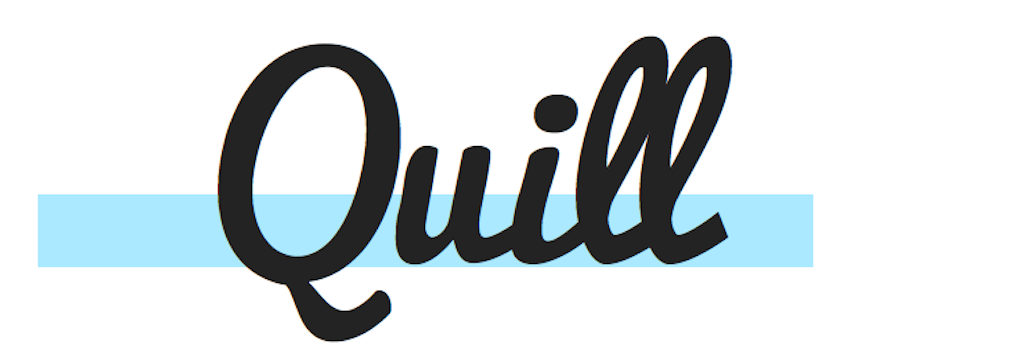Only her faded, well-worn denim hat adorned with various enameled pink ribbons and survivor pins accompanied me to my first mammogram appointment instead of Kathy herself. The irony is not lost on me.
For years, my OBGYN recommended I begin mammogram testing at age 27. My direct family history screams, “Test early!” At age 37, my mum, Kathy, was first diagnosed with breast cancer. Her sister was diagnosed in her late 60s.
According to my OBGYN, I needed to get a baseline mammogram 10 years prior to my mum’s age of diagnosis. Because of my age, and subsequent dense tissue, I’d likely receive a false positive.
When you’re 18, 27 is eons away. Annually hearing the same advice over the course of 10 years naturally dulls its impact. It also twists time.
Although I eventually surmised enough independence to venture to appointments on my own, without mum sitting as a security blanket in the waiting room for me, I’d always assumed Kathy would take me to, at the very least, my first mammogram appointment, when I finally turned the ripe ‘ol age of 27.
Never did I expect she would die from metastasized breast cancer when I was 26, two months shy of turning the long-awaited age of 27.
Here’s how hearing that same advice twists time: age 27 seems drastically old when you’re in your early 20s making a mental note to schedule a mammogram. But thinking about losing your mum at 26? That’s so young!
Visions of chatting with Kathy about her first mammogram while I waited to be called into the doctor’s office, of reclining casually in a waiting room listening to her compare the difference in technology from the late 80s to today, promising her I’d ask to see the resulting picture, disappeared.
Crammed out of my mind in the year after her death, while my brain weighed pressing needs like, “What does Christmas look like without her?” and “Who’s going to call me in the afternoon on my birthday to comedically retell the story of my birth?” and “So if you’re really not coming back, what do I do?,” was scheduling a mammogram.
It wasn’t until I began planning a month-long series profiling breast cancer survivors for the paper of which I am editor did I seriously consider scheduling one.
While chatting with one survivor, who had her breast cancer discovered through a routine mammogram - a tumor so small a self-exam wouldn’t have revealed it - I instinctively shared Kathy’s battle. It comes so naturally; I can’t disassociate breast cancer and survivorship with my mum. She was in and out of remission for 24 years; diagnosed when I was 2. Telling her story, proudly, is different these days, I realize, because there is now an end.
I told the survivor how I’d been recommended to have a mammogram at 27, but put it off. Now, at 28, I was a year behind. Simply, she said, “Well, schedule one!” Perhaps it was her familiar positive attitude or gentle prodding mothers often use when attempting to convince their older child, who is no longer a child, that resonated within and motivated me. Whatever it was, I made the call.
A week later, I showed up for my first mammogram. The radiologist was unsure if I needed it or an ultrasound with less radiation exposure. But after a call to her main office, it was determined I’d get a mammogram.
Speculation about mammograms has produced a reputation associated with pain. Pressed against the cold, metal mammogram machine, I was worried. But the radiologist was friendly and accommodating. She apologized for the repeated repositioning and length I’d have to hold my breath. She was creating my baseline, the image to which future exams would be compared, so she wanted to create the best, most informative picture. I could appreciate that. Plus, she let me see the picture.
Twice on each side I was squished and mammoramed. Uncomfortable? Completely. Slightly awkward? Totally. But manageable? Heck yes!
Following the exam on my way out of the room, I stopped to take a survey in which I’d been asked to participate. The door to the waiting room remained open, and I could see my fiancé, who tagged along (my dad also offered his own company), reading in a row of seats. I’d answered the last question and hit “done” when I heard, “Kathy? The radiologist will see you now,” as the next patient was called.
Hearing that name, at that time, in that place, sent a shock through me. Despite it not “belonging” to my mum, it made all the difference. I teared up and smiled.
Forty-eight hours later, I received my results in the mail and braced for the expected false positive. But it wasn’t there. My test results were normal. I cried.
What I’ve learned in these past two years is you can’t expect certain things to happen. I never expected to lose my mum when I was 26. I honestly didn’t expect to see a clean mammogram. And I didn’t expect to not have Kathy with me at my first exam. But maybe I wasn’t without her after all. And her story, her inspiration, doesn’t have to end.
Schedule your mammogram or call to start that conversation with your doctor today. Urge the other women in your life to do the same -you could be that motivation they need.





No comments:
Post a Comment